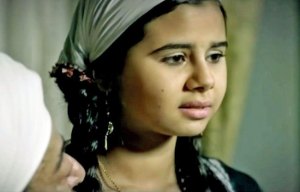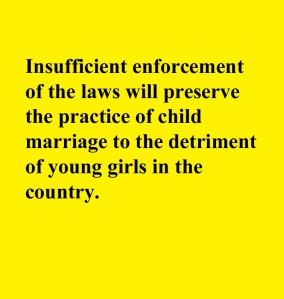Author Lawrence Weill returns to Plain Talk for a more casual chat. Lawrence opens up about the spiritual beliefs of the main character in his novel Incarnate.
 “The lead character in Incarnate, Lara Joyner, is motivated by a wide range of beliefs, from reincarnation to the power of crystals to numerology to the Kabbalah to the Tarot. While it is true that for Lara the application of these belief systems is somewhat idiopathic, I still wanted to be accurate in the implications of all these different convictions, so I conducted a great deal of research into these various philosophies. That was time consuming, although also very intriguing.”
“The lead character in Incarnate, Lara Joyner, is motivated by a wide range of beliefs, from reincarnation to the power of crystals to numerology to the Kabbalah to the Tarot. While it is true that for Lara the application of these belief systems is somewhat idiopathic, I still wanted to be accurate in the implications of all these different convictions, so I conducted a great deal of research into these various philosophies. That was time consuming, although also very intriguing.”
Intriguing indeed! While some of us may be put off by these systems of belief, some people tend to be drawn to it, horror is a prime example.
“I think the key to understanding why we might be attracted to horror is to understand what horror is all about. Horror causes us to have intense aversion and fear by using what is primal within us against ourselves. For example, we may fear death at a primal level, especially senseless, unprovoked, violent death, so horror movies involving “slashers” and the like put that scenario before us. The irony is that we are attracted to the horror at the same time we are averse to it. Perhaps it is the opportunity to confront our inner archetypes.
Lawrence is a family man who loves being home with his wife and has a number of interests when he is not writing or promoting his book.
“I love to travel and have been to many countries. I am an avid gardener and outdoors-man. Honestly, that only scratches the surface of the many faces of me.”
Fast Five – Lawrence answers five quick questions, in under five seconds each.
How would you use and empty stapler?
Toy monster. Notecard backstop. Paper weight. Finger pincher. Shoulder blade scratcher.
Tea or Coffee?
I drink both, but in the morning, I drink very strong coffee.
Chocolate or Vanilla?
Raspberry.
Michael Jackson or Elvis?
Elvis. I really like his “Secret, Profane, and Sugarcane.” You did mean Elvis Costello, right?
If you could eliminate one thing from your daily schedule, what would it be and why?
I am very fortunate to be living a life that makes me very happy. Other than the usual tediums of household chores, which I actually don’t mind that much because I enjoy the results, there is nothing I find especially onerous in my daily schedule.
Thank you Lawrence for stopping by, we wish you the best of luck with Incarnate.
Click to purchase a copy of Incarnate.
Autographed copies of Incarnate are available at Bookworks. 4022 Rio Grande Blvd NW, Albuquerque, NM 87107. Call to order yours (505) 344-8139.







